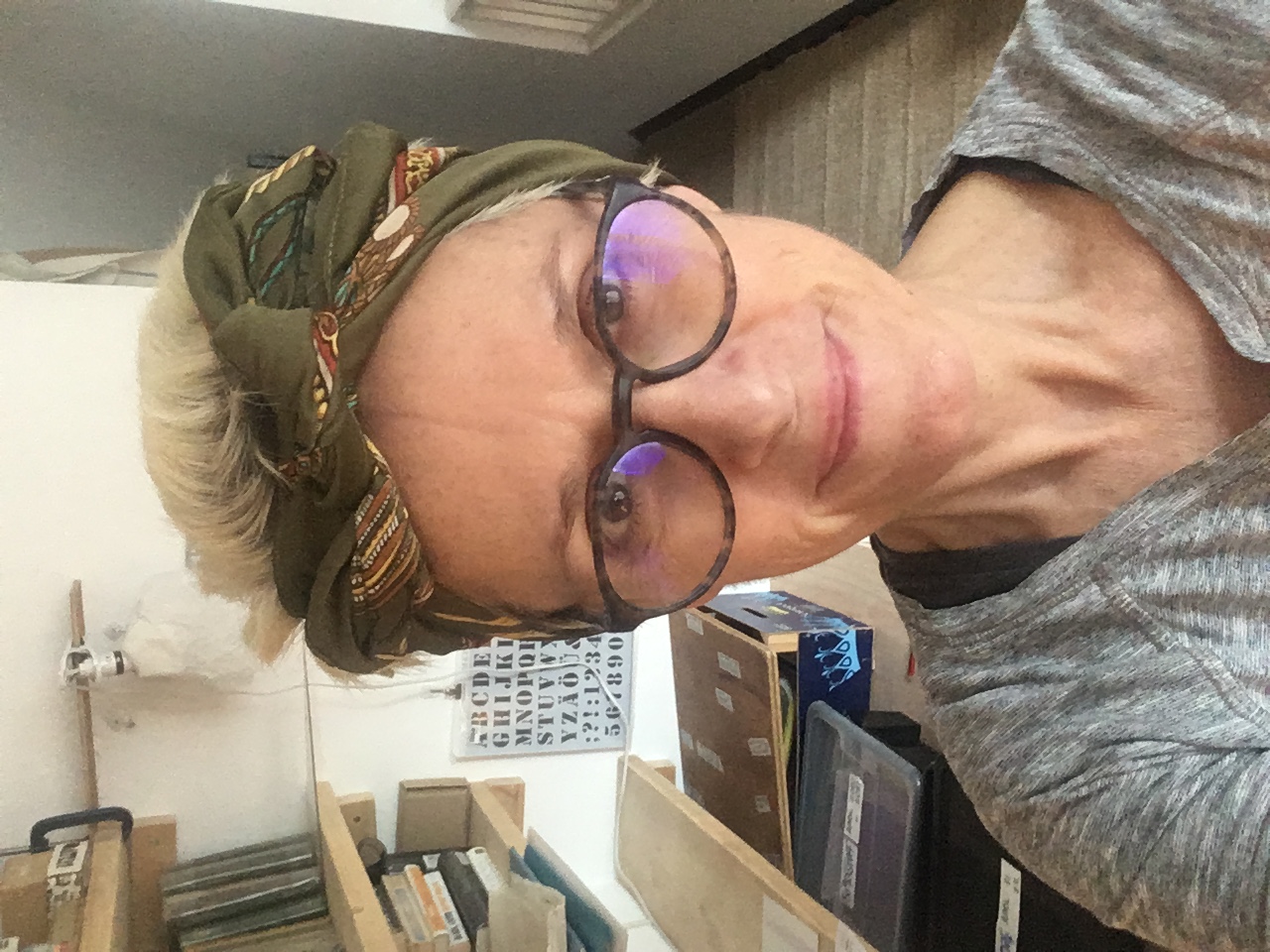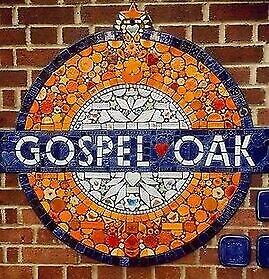
Counselling, Psychotherapy, and Therapeutic Coaching for Personal Growth and Well-being
Hello there. Are you looking for someone to talk things through with? Welcome. I’m so glad you’re here.
My name is Sorcha. I’m a fully trained, qualified counsellor and psychotherapist, also drawing on elements of therapeutic coaching to support clients practically and compassionately.
A quick note before you read on:
This page is a little longer than usual. That’s because it includes helpful information for people exploring counselling or psychotherapy -and yes (whispers) some extra words for search engines, too.
You absolutely don’t need to read everything. Feel free to scroll, skim, or go straight to the sections that feel most relevant to you. This is here to support you, not overwhelm. If you’d rather talk it through, you’re warmly welcome to text or email me directly.
I work with a wide range of challenges, including anxiety, depression, ADHD, relationship difficulties, low self-esteem, stress, life transitions, sleep issues, and more. These experiences are part of being human. You don’t have to face them alone.
My approach is grounded, relational, and non-judgemental. I offer therapy online (for North West London, including Hampstead, Belsize Park, Gospel Oak, Kentish Town, Camden and further afield, home and abroad).
Here, you’ll find a safe, confidential space where you’re listened to with care and respect, whether you’re looking for support with something specific, or simply want to explore your thoughts, feelings, and patterns in greater depth.
Contact Information
I welcome initial contact by email or text.
I don’t answer calls from unknown numbers- this is simply to avoid cold calls, scams, and interruptions during work or personal time.
As I use one phone for both personal and professional contact, email or text gives me the opportunity to respond thoughtfully and securely.
Please feel free to get in touch via:
Email: jones.sorcha@gmail.com
Text: 07595 292129
You’re welcome to include a short note about your enquiry. I’ll get back to you as soon as I can.
Psychotherapist | Counsellor | Therapeutic Coach
How I Can Help
I offer counselling, psychotherapy, and therapeutic coaching to support your personal growth and well-being. You might be experiencing stress, anxiety, ADHD, relationship difficulties, low self-esteem, grief, or simply want to understand yourself better.
You’re not alone. Therapy is a space to explore your experiences, challenges and patterns and move towards greater understanding and self-compassion.
I work in-person in North West London (including Hampstead, Belsize Park, Gospel Oak, Kentish Town, Camden) and also online across the UK.
Common Reasons People Seek Therapy
Here are just some of the areas I support clients with:
Anxiety, Depression & Stress
Persistent low mood, high stress, or constant worry can be overwhelming. We’ll work together to explore patterns and develop emotional resilience.
ADHD & Neurodiversity
As someone with lived experience of ADHD, I offer therapy that honours your neurodiversity. We focus on practical strategies, emotional support, and self-compassion, not “fixing,” but navigating life in ways that work for you.
Panic, Overwhelm & Daily Functioning
If you’re struggling to manage everyday tasks or are feeling burned out, therapy can help you build routines, time management strategies, and gentle accountability.
Work & Professional Stress
Therapy can support you if you’re navigating workplace pressure, boundary issues, burnout, or career transitions.
Self-Esteem & Confidence
Together, we can explore your relationship with yourself, address self-beliefs, and build a more compassionate self-image.
Relationships & Communication
Whether with family, partners, or colleagues, therapy provides space to explore patterns and strengthen communication.
Bereavement & Loss
Loss takes many forms. Therapy can support you through grief and help make sense of life after loss.
Emotional Regulation & Sensory Overload
Especially relevant for clients with neurodivergence such as ADHD and autism, it is also relevant for symptoms of menopause, anxiety and stress. We can explore ways to regulate emotional intensity, gently address overwhelm and help you to feel more grounded.
Therapeutic Approaches I Use
I work integratively, drawing from different modalities to suit your unique needs, including:
Transactional Analysis (T.A.)
Helps understand the roots of relationship patterns, inner dialogue, and recurring challenges.
DEFT and Non-Violent Communication (NVC)
These approaches support more compassionate and clear communication- with others and with yourself.
Strength-Based Therapy
Focusses on what’s already working, building self-trust and confidence from your existing resources.
Affective Neuroscience
Helps you understand and work with your emotional instincts, building insight and balance.
Supporting Neurodivergent Clients
Therapy can be especially helpful if you’re navigating:
- Executive dysfunction (trouble with planning, focus, or organisation)
- Rejection Sensitivity Dysphoria (RSD)
- Sensory overload or emotional intensity
- Late-diagnosed or self-identified ADHD
- Intersection with anxiety, depression and neurodivergence.
We explore strategies that are flexible, compassionate, and grounded in real-life application- not rigid techniques or generic solutions.
Let’s Work Together
Therapy with me is not about “fixing” you. It’s about exploring who you are, what you need and how to support yourself in a way that feels authentic.
I’m here to walk alongside you with compassion, honesty and care.
Contact Me
If you’re ready to take the next step, I’d love to hear from you.
Please note that I don’t answer unknown numbers — this is to avoid spam and protect my work and personal time. You’re warmly welcome to:
Email: jones.sorcha@gmail.com
Text: 07595 292129
Include a brief note about your enquiry, and I’ll get back to you as soon as I can.
Sorcha Jones
Counsellor | Psychotherapist | Therapeutic Coach
Serving clients in North West London (NW3, NW5, NW1) and online across the UK
Specialising (but not limited to) ADHD, depression, stress, anxiety, neurodiversity, and emotional wellbeing
.
I'm here to offer you a safe and supportive space as we navigate the challenges you're facing.
You are not alone, and I am here to offer my support every step of the way. When you're ready, reach out to me. You deserve support, understanding, and a brighter future. I will be honoured to walk with you on your path to healing.
If you have any further questions or if there's anything else I can assist you with, please feel free to ask.
I offer psychotherapy, counselling, and therapeutic coaching services convenient for various locations in North West London including Gospel Oak, South-End Green, Belsize Park, Hampstead, Dartmouth Park, Primrose Hill, Kentish Town, Camden, (NW3, NW5, NW8, NW1, N1, N7)
and, or online.
I offer psychotherapy, counselling, and therapeutic coaching services for North West London, including Gospel Oak, South-End Green, Belsize Park, Hampstead, Dartmouth Park, Primrose Hill, Kentish Town, Camden, (NW3, NW5, NW8, NW1, N1, N7)
. I can also offer online sessions.

